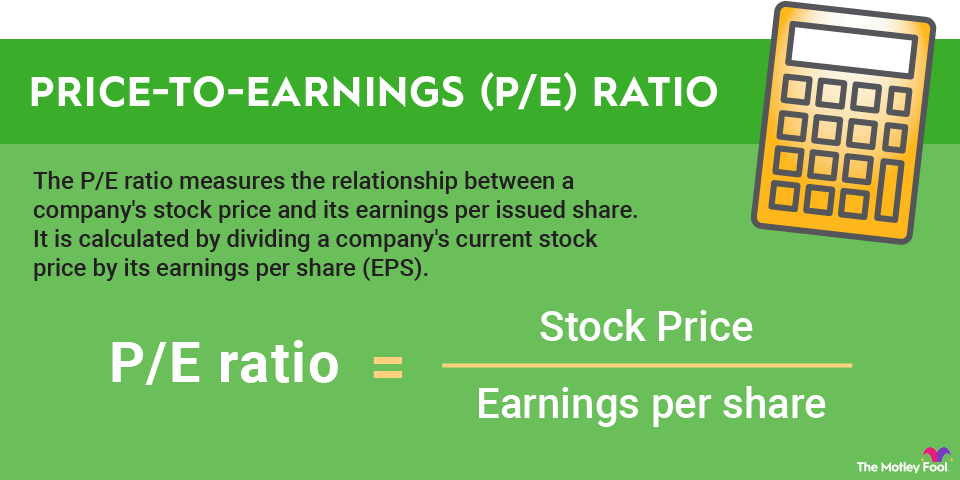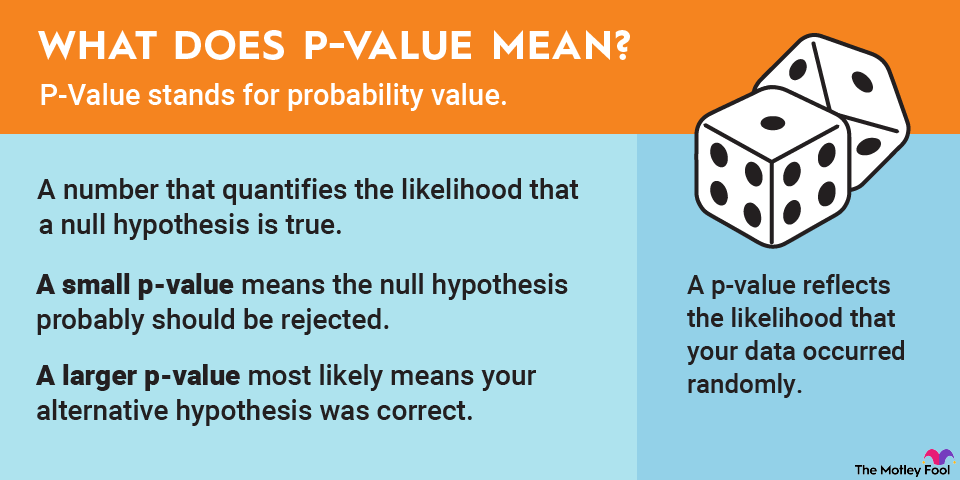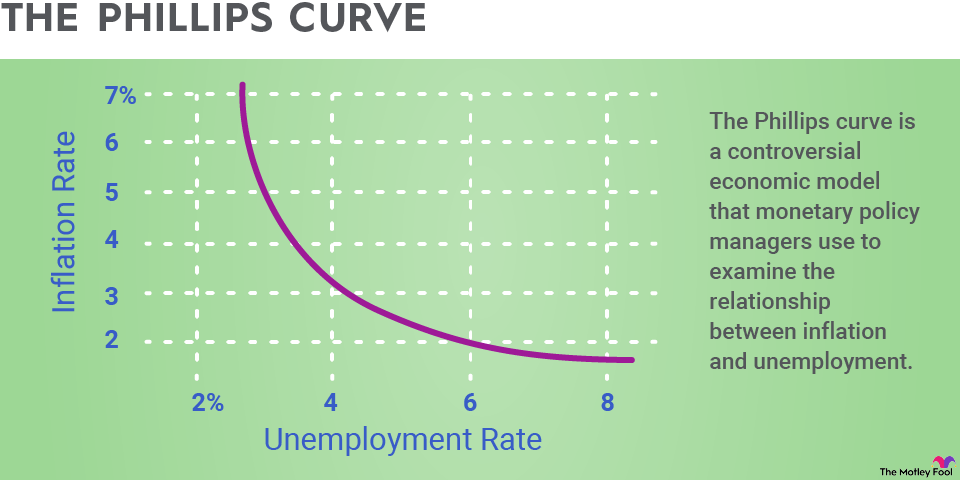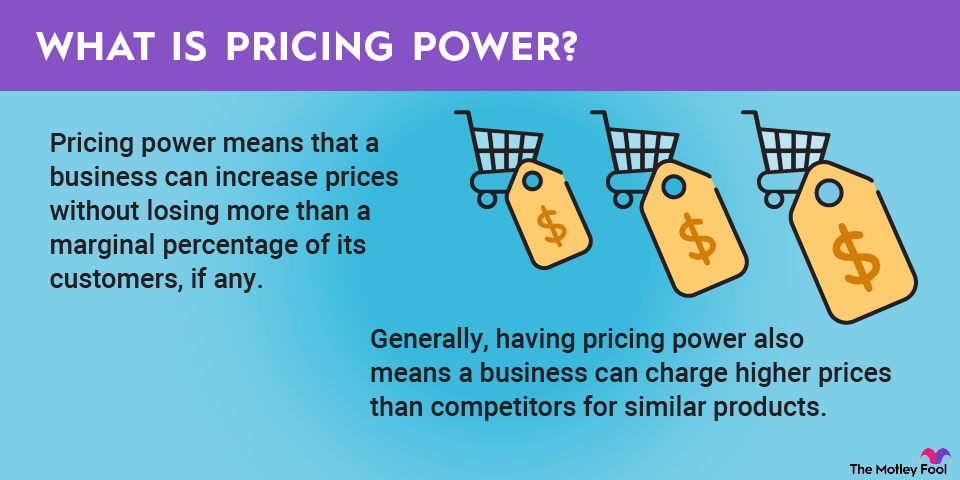There are a number of different ways to structure a company. For investors, the two primary ways are public and private companies, which refer to how the company is structured.

What is a private company?
The term private company is a bit confusing since it contrasts with a publicly traded company. Technically, a publicly traded company is privately owned, but it's listed on a stock exchange, meaning that anyone can buy its shares and become a shareholder. In this case, public means publicly traded, not publicly owned.
A private company, on the other hand, is not listed on a stock exchange, making it more difficult to become a shareholder.
What kinds of private companies are there?
There are a number of different types of private companies, ranging from small independent businesses to multinational companies.
Private companies can structure themselves in several different ways.
The most basic business form is a sole proprietorship, which is typical for small businesses that don't have a need to distinguish between the company and the business owner. A partnership is similar to a sole proprietorship, except it includes two or more partners.
There's also the limited liability company (LLC), which gives small business owners protection from a potential lawsuit and separates the finances of the owner and the business.
Finally, there are two kinds of corporations: S corporations and C corporations. They are more complicated business structures. Corporations have distinct rules about shareholders and taxation that make them more common for larger private businesses than small ones.
It's also worth understanding the different stages in private company life cycles. The earliest stage for a private company is a start-up, which could refer to a small company or one that is funded by venture capital and aims to go public in a few years. By contrast, there are private companies that have been that way for decades; they may be family-owned businesses and are likely to stay private.
Pros and cons of being a private company
Privately held companies offer both advantages and disadvantages compared to public companies.
The biggest advantage to privately held companies is that they require much less paperwork. Publicly traded companies have to file quarterly reports and annual reports with the Securities and Exchange Commission (SEC) and have to file updates when material news happens. Complying with those rules can be expensive and time-consuming. Similarly, the process of going public through an initial public offering (IPO) is challenging and costly.
By contrast, one disadvantage that privately held companies have vs. public ones is that it's harder to raise cash. Publicly traded companies make their financial statements readily available, making it easier for them to tap a creditor for a loan. They can simply raise money by selling more shares.
Some companies, however, will choose to remain private to avoid the hassles associated with being publicly traded and because they don't need to raise the money.
Finally, employees and other investors in a start-up likely want the company to go public because it makes it easy for them to cash out their shares, a common reason for going public.
Related investing topics
What's an example of a privately held company?
Most of the best-known companies in the world are publicly traded, but there are some that are privately held.
One well-known private company is IKEA. The company is the world's biggest furniture retailer, and its flat-pack model helped revolutionize the industry. It's much cheaper to ship flat-pack furniture, and it helps save costs by shifting the burden of assembling the furniture to the consumer.
The company is owned and managed by a foundation designed to keep it independent, which means it will probably never go public. The company is also highly profitable, so it doesn't need to go public.
Most private companies will go public to allow early investors and insiders to cash out their shares and to maximize the value of the company by giving the market a chance to own shares. IKEA doesn't need to do either of those things, which explains why it's still a private company and will continue to remain that way.



















